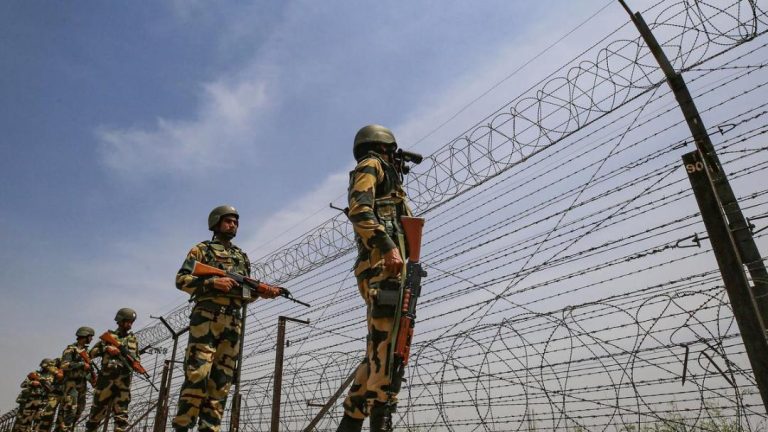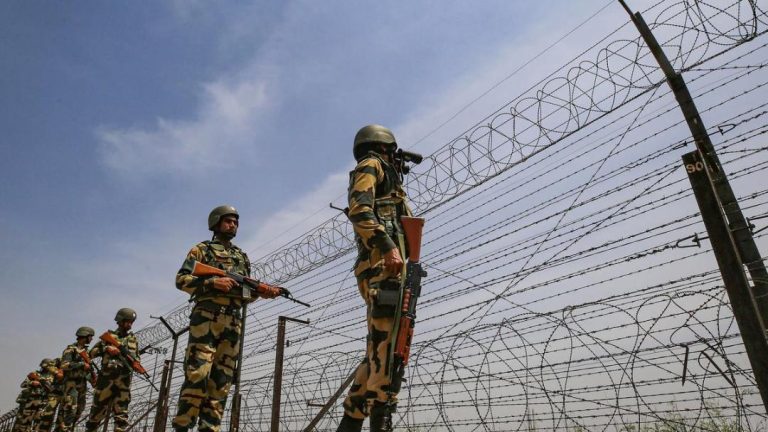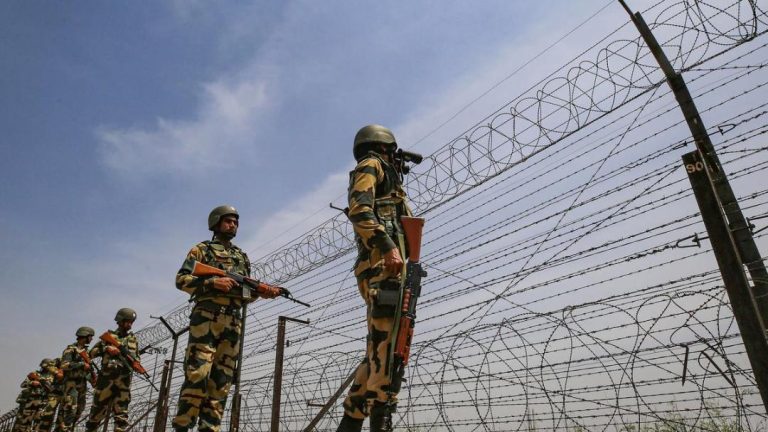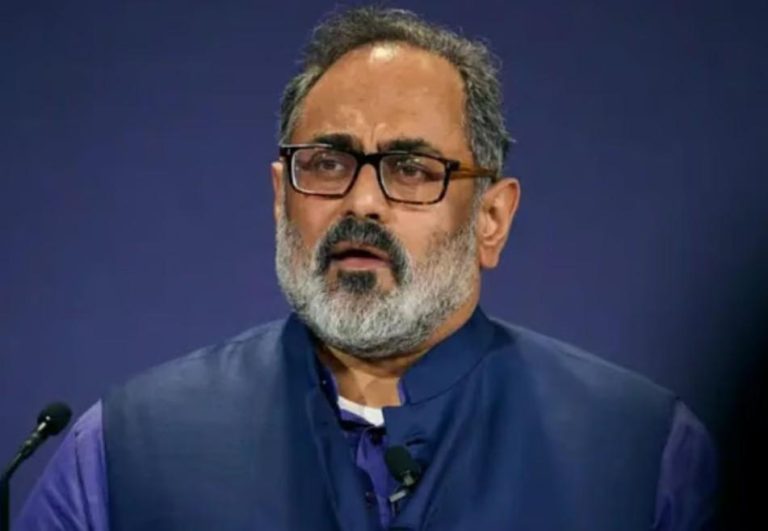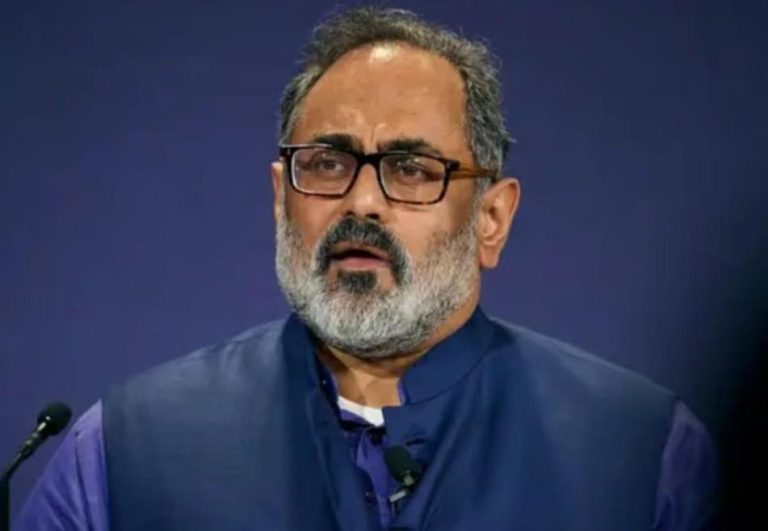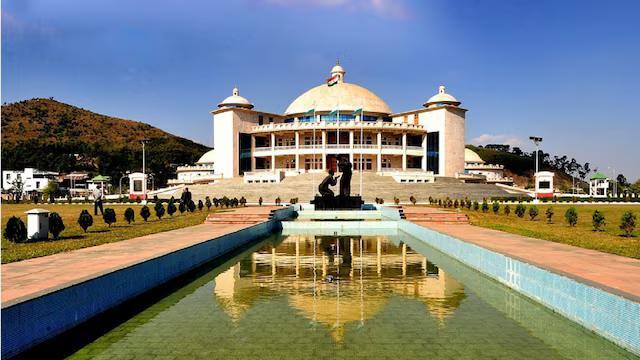
Manipur Governor Orders Upcoming Assembly Session Null & Void
In a sudden turn of events, the seventh session of the 12th Manipur Legislative Assembly, which was scheduled to begin on February 10, has been declared “null and void” by Governor Ajay Kumar Bhalla with immediate effect. This decision comes after Chief Minister N Biren Singh tendered his resignation to the Governor at the Raj Bhavan in Imphal on Sunday.
The announcement has sent shockwaves across the political landscape of Manipur, with many wondering what this means for the future of the state’s government. The nullification of the Assembly session has also raised questions about the fate of the no-confidence motion that was set to be tabled against the ruling coalition.
According to reports, Chief Minister N Biren Singh met with Governor Ajay Bhalla at the Raj Bhavan on Sunday and submitted his resignation. This move comes after a series of internal conflicts and disagreements within the ruling Bharatiya Janata Party (BJP) and its allies, which had threatened to destabilize the government.
The no-confidence motion, which was scheduled to be tabled on February 10, was seen as a major challenge to the government’s survival. However, with the Assembly session now declared null and void, the motion has effectively been shelved.
The decision to cancel the Assembly session has been met with mixed reactions from various quarters. While some have hailed the move as a necessary step to maintain stability and prevent the government from collapsing, others have criticized it as an attempt to undermine democratic processes.
The opposition parties in the state have slammed the Governor’s decision, accusing him of succumbing to the whims of the ruling party. “The Governor’s decision is unconstitutional and undemocratic,” said a spokesperson for the Congress party. “It is an attempt to gag the opposition and prevent them from exercising their constitutional rights.”
On the other hand, some political analysts have argued that the Governor’s move may have been necessary to prevent the government from collapsing. “The situation was getting increasingly volatile, and the Governor had to take a bold step to maintain stability,” said a prominent political analyst. “The decision may have been unpopular, but it was necessary to prevent the state from descending into chaos.”
The nullification of the Assembly session has also raised questions about the Governor’s role in the state’s political crisis. While the Governor is technically the representative of the President of India, his actions in this case have been widely criticized as an overreach.
“The Governor’s decision is a clear case of overstepping his constitutional bounds,” said a legal expert. “The Governor is supposed to act on the advice of the Council of Ministers, but in this case, he has acted unilaterally and without consulting the Chief Minister or the Council of Ministers.”
In conclusion, the sudden cancellation of the Manipur Assembly session has sent shockwaves across the state’s political landscape. While the decision may have been necessary to prevent the government from collapsing, it has also raised important questions about the Governor’s role and the future of the state’s government. As the situation continues to unfold, it remains to be seen what the implications will be for the people of Manipur.
